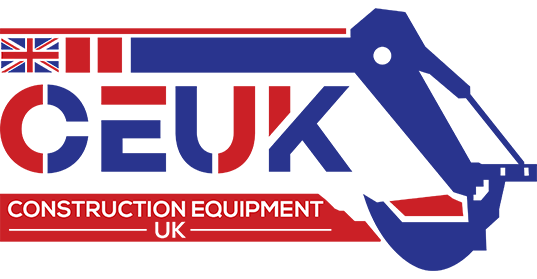Operating Excavators and Other Heavy Equipment on Slopes
Working on a slope is not for the faint-hearted. It is a challenging experience even for the most experienced excavator operators. Working in an environment with a slope requires specialised knowledge of the terrain, navigation of tight spaces, and determination of which equipment is most suitable for the work needed. Here are some tips for operating excavators and other heavy equipment like on slopes.

Use the Right Machine.
It is more advisable to use a long reach excavator for slopes and angled digging. Due to its long arms, the machine can stay stable on the ground while the extra-long digging arm manoeuvres over the hill. Other speciality machines, such as spider excavators, help contractors reach odd spaces while working over unique terrain.
Examine the Condition of the Hill.
Various weather conditions can change a slope’s stability and integrity. Factors such as rain, melting snow, ice, mud, and loose rocks, can all be dangerous for the excavator’s operator and the machine itself. Unstable terrain can cause larger machines to slip or shift under their weight.
Overturns can be hazardous, especially if it concerns large equipment. Keep in mind to stay updated with the weather and wait a day or two to allow conditions to improve. In case there is a danger of loose debris, consider clearing out the space first before continuing operation.
Consider the Slope of the Hill.
Excavators are not meant to be operated on a slope over a 35-degree angle. With the help of a surveyor, it’s vital to assess the slope of the hill first before operating heavy equipment on it. Using the top and bottom elevation of the hill, a surveyor can find the rise of the hill. If it is too steep, wait until someone with site plans confirms that it’s safe to use heavy equipment on it.
Check the Equipment’s Positioning.
The safest way to operate heavy equipment on a slope is by checking its positioning on the hill. Before heading up a slope, ensure that the front attachment is low to the ground to maintain a lower centre of gravity. Meanwhile, use the excavator boom in your favour to maintain a balanced weight and distribution.
Remember that it’s easier to balance the weight of an excavator while driving up a hill than driving sideways across it.
Leave it to the Professionals.
Since it’s not easy to operate an excavator, it’s better to allow a skilled professional to handle it. If you aren’t comfortable or lacking the skill and experience, you can always say no. It’s better to learn the fundamentals of operating it rather than causing an accident on the first day.
Try asking for help from contractors with years of experience to teach you their techniques before using the equipment on your own.
Conclusion
Working in the construction industry is already dangerous on its own. But working on slopes is a different story. However, it’s necessary to work on slopes, especially if it’s the kind of land your clients own. Keep in mind to take care of two things: yourself and the equipment you’re operating.
Before starting operations, make sure that you check your speed, swing, and the amount of material you needed to pick up. Also, ensure that the machine is ready for the steep hill by checking its safety features like seatbelts and harnesses.
Are you looking for second-hand construction equipment for sale? Construction Equipment UK carries the most affordable used equipment in the market. All you need to do is call our office on 0115 855 0963.

